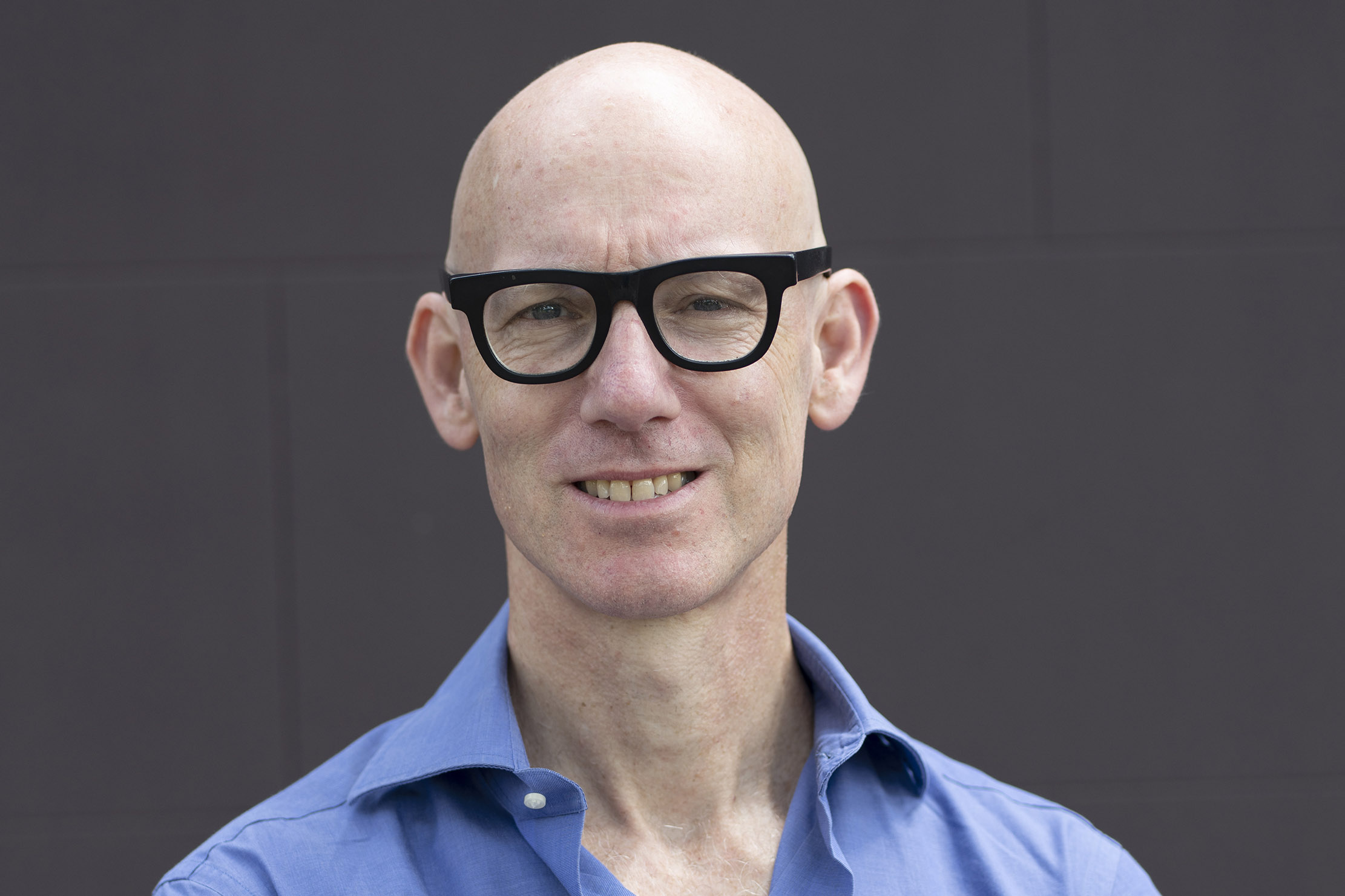Join us for a conversation with Australian Historian Dirk Moses who will discuss how the Holocaust relates to genocide as a concept and an event. Moses is senior editor of the Journal of Genocide Research and has written numerous books and anthologies, including the award-winning book German Intellectuals and the Nazi Past.
*Note: Registration for this event is closed but walk-ins will be accommodated on a first-come, first-served basis if seats become available.
At the end of World War II, the Allies resolved to prosecute German leaders for conspiracy to commit crimes against peace, war crimes, and crimes against humanity. Apart from war crimes, these were new notions, whose meaning was thrashed out in the early 1940s. This was also the time when Raphael Lemkin — a Jewish-Polish jurist who fled to the U.S. — coined the genocide concept. Despite his efforts, it hardly featured in the Nuremberg Trials, because crimes against humanity covered the same offenses. Yet the United Nations passed a convention on genocide in 1948, and Lemkin’s neologism soon became the “crime of crimes.” The crimes tried at Nuremberg now coexist uneasily with genocide in the Rome Statute of the International Criminal Court. Many scholars and practitioners take this legal architecture for granted, even presuming it to be a natural and redemptive outcome of war’s horrors, especially the Holocaust. In fact, as Moses shows in his research, contingency marks these developments in the 1940s. Because of these contingencies, genocide’s definition has been hotly contested ever since.
Sponsored by: Michelle and William Lerach
With support from Eleanor Roosevelt College, Revelle College and Thurgood Marshall College
Details: 4:30 p.m. Reception • 5:30 p.m. Lecture
Contact:
Ellysa Lim, (858) 534-1183, e7lim@ucsd.edu
Registration:
https://hlhw-moses.eventbrite.com/

